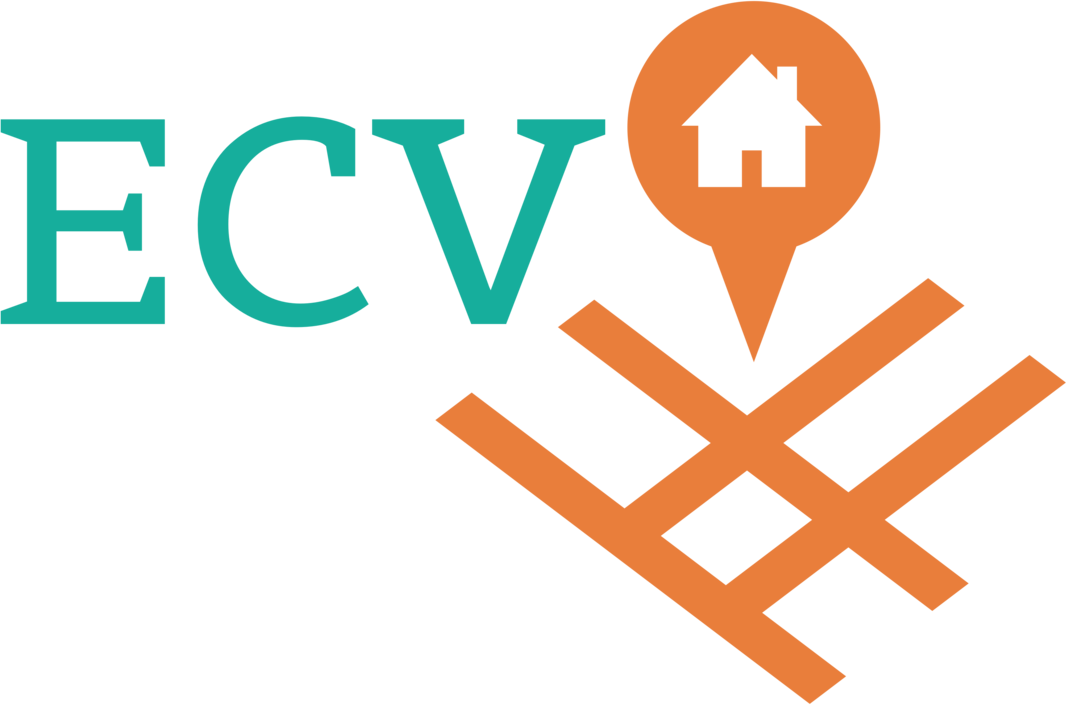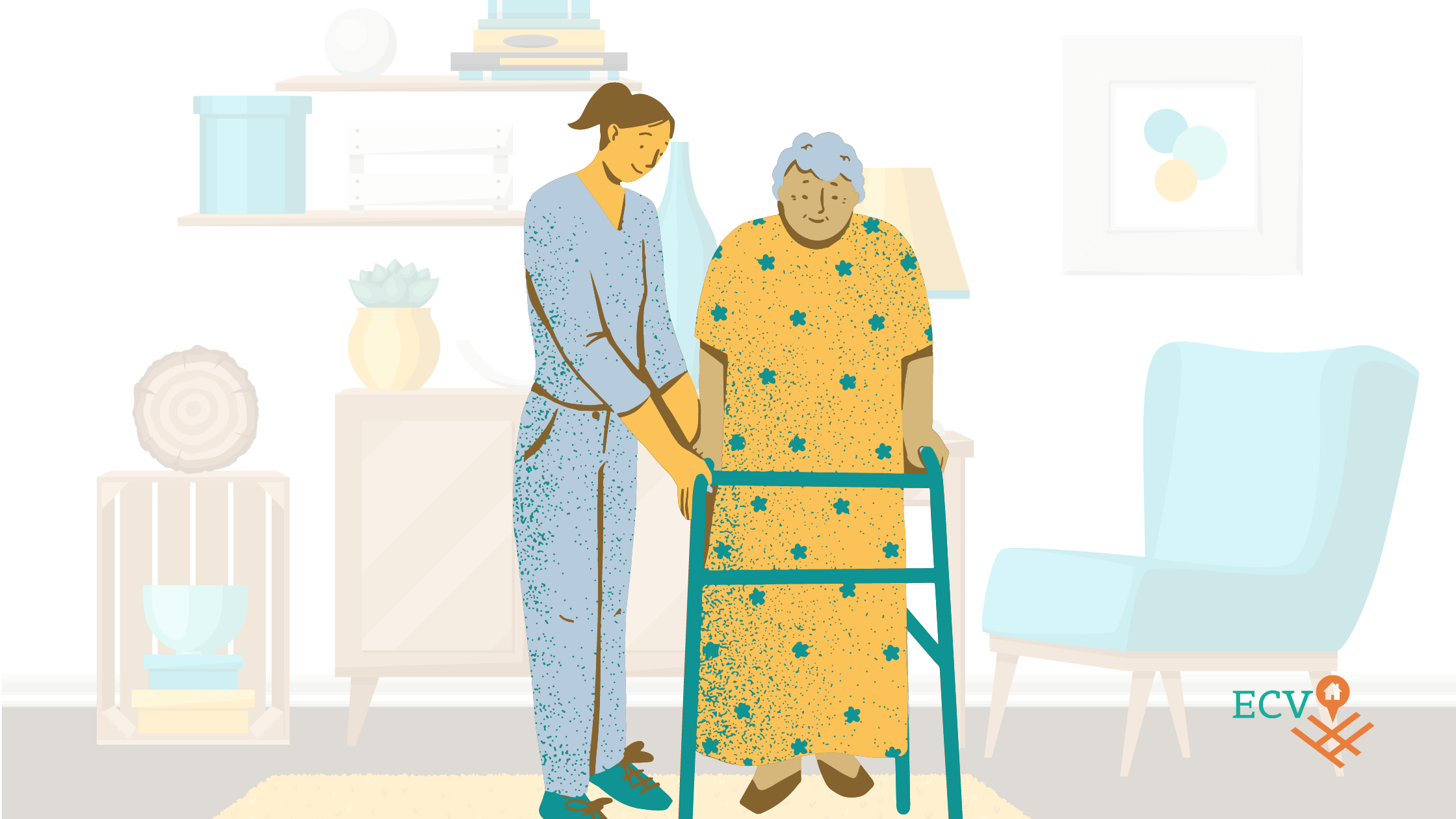How Technology is Changing How We Treat Alzheimer's Disease
“The advancement of technology is based on making it fit in so that you don’t really even notice it, so it’s part of everyday life.”
Technology has truly come a long way.
Whether Netflix recommends a series to watch or Twitter suggests someone to follow, the power of AI allowed technology to read what we humans will do next--now, it can personalize what we're seeing on the screen, even recommend a course of action based on our browsing history.
From acquiring information within seconds to getting a glimpse of what's happening from the other side of the world, the innovation of technology opened a lot of doors for the betterment of our lives, including the people with Alzheimer's disease. According to the WHO, with an estimate of around 50 million people who have dementia worldwide, the consistent advancement of technology enables the treatment of Alzheimer's to be not limited to pharmacological methods anymore.
The technology's response to Alzheimer's disease
Alzheimer's disease not only destroys a memory--it also interferes with the person's ability to perform even the simplest of tasks. Because of this, patients diagnosed with Alzheimer's disease need other people to look out for them. Thankfully, the technology has offered a lending hand to people with Alzheimer's through these inventions:
GPS
The benefits of GPS to patients with dementia are endless. Through GPS, people with dementia do not have to worry about wandering outside of their homes unattended. The tracking device provided by GPS is also useful for caregivers to track their patients.
Voice-assistants
Alexa has proved that it can do so much more aside from playing music and updating about the weather. Alexa, an AI developed by Amazon, now comes with another innovation, the "My Carer Alexa". This voice assistant helps patients diagnosed with dementia to be reminded about their routine tasks every day--whether they need to take their medicine or water plants. Aside from reminding patients of their daily plans, My Carer Alexa can also be programmed to help patients recall information about their friends and families.
Socially assistive robots
The power of companionship remains essential, especially for people diagnosed with dementia. SARs, or socially assistive robots, have revolutionized the typical method of assisting patients by helping them maintain a schedule, or be reminded of a certain task. What sets SARs from voice assistants such as Alexa is its ability to recognize emotion and respond to it. Although limited, SARs are developed with sensors and API (Application programming interfaces) that can enable emotion recognition to patients. This can ease the life not just of the patients with dementia, but also for caregivers.
The power of A.I.s
Artificial intelligence broke the barriers of humans and technology by performing diagnoses of diseases. Since the A.I. algorithms can now improve brain stimulation devices to treat disorders; this feature can provide insights into neuron activities inside the brain. Although complex and open for more rooms for improvement, the accuracy of A. I and machine learning algorithms in analyzing fMRI (Functional magnetic resonance imaging) data were promising: "It's as high as, or higher than that of other methods''.
Constantly changing, the use of technology continues to be versatile in the future--allowing people with Alzheimer's disease to achieve a fulfilling life, little by little, despite memory loss and various hardships.
Technology and humans: A match made in heaven
Though robots have made remarkable progress in the healthcare field, they can only do so much in improving the lives of patients with Alzheimer’s disease. Caregivers, specifically, play a vital role in providing maximum care for patients. In addition to healthcare and everyday assistance, Caregivers provide a wide range of services for patients that even robots couldn’t replace. Some of the examples are:
A bridge of communication between patients and doctors
Sometimes, patients couldn’t just find voices to speak for themselves--especially for people with dementia. It can be difficult for them to freely express what they want and how they feel, let alone remember what they want to say. With the help of caregivers, the communication between patients and doctors can be simplified and more personal.
All aspects of care
From bathing to going grocery shopping, caregivers are versatile and willing to meet every need of patients. People with dementia need further assistance in all aspects of everyday life, such as preparing meals or taking a walk outside.
Emotional support
Alexa might have sounded interested when she asked you how your day was, but the truth is, she doesn’t care--yep, robots aren’t just built for it. Empathy only comes from humans--thankfully, we have caregivers who can support patients emotionally. More than medical and personal care, caregivers are always ready to listen, empathize, and communicate.
Personalized care
While AIs can detect brain activities, it’s impossible for them to provide personalized care in accordance with patients’ needs. Every single patient is different from one another, and it will take time to know what they’re like or what their needs are. Caregivers, on the other hand, have the ability to provide tailored care that can suit the individual needs of patients. Caregivers can offer different types of approaches based on patients’ preferences and personalities.
Provision of leisure and recreation services
Computers seem to be fun to play online chess with, but nothing beats humans in providing entertainment. Leisure is important for patients with Alzheimer’s disease--it helps them stimulate their mental activities and socialize with others, too. Caregivers can provide recreation services for patients with dementia to help them exercise mentally. For example, our residential care services program here at Elegant Care Villa offers leisure and recreation care to our patients. This way, patients can have fun and enjoy life in every way.
Conclusion
With the innovative technology, chatbots, and AIs can now work alongside caregivers to provide more convenient care. Aside from leveraging the power of tech, caregivers make up for the limitations of AIs in delivering optimal care. Here at Elegant Care Villa, we are focused to provide the best care to adults, youth, and seniors with disabilities. Passionate about attending to the specific needs of our patients, our family-owned residential care offers companionship, recreation care, and specialized healthcare services. Visit our website for more information.


